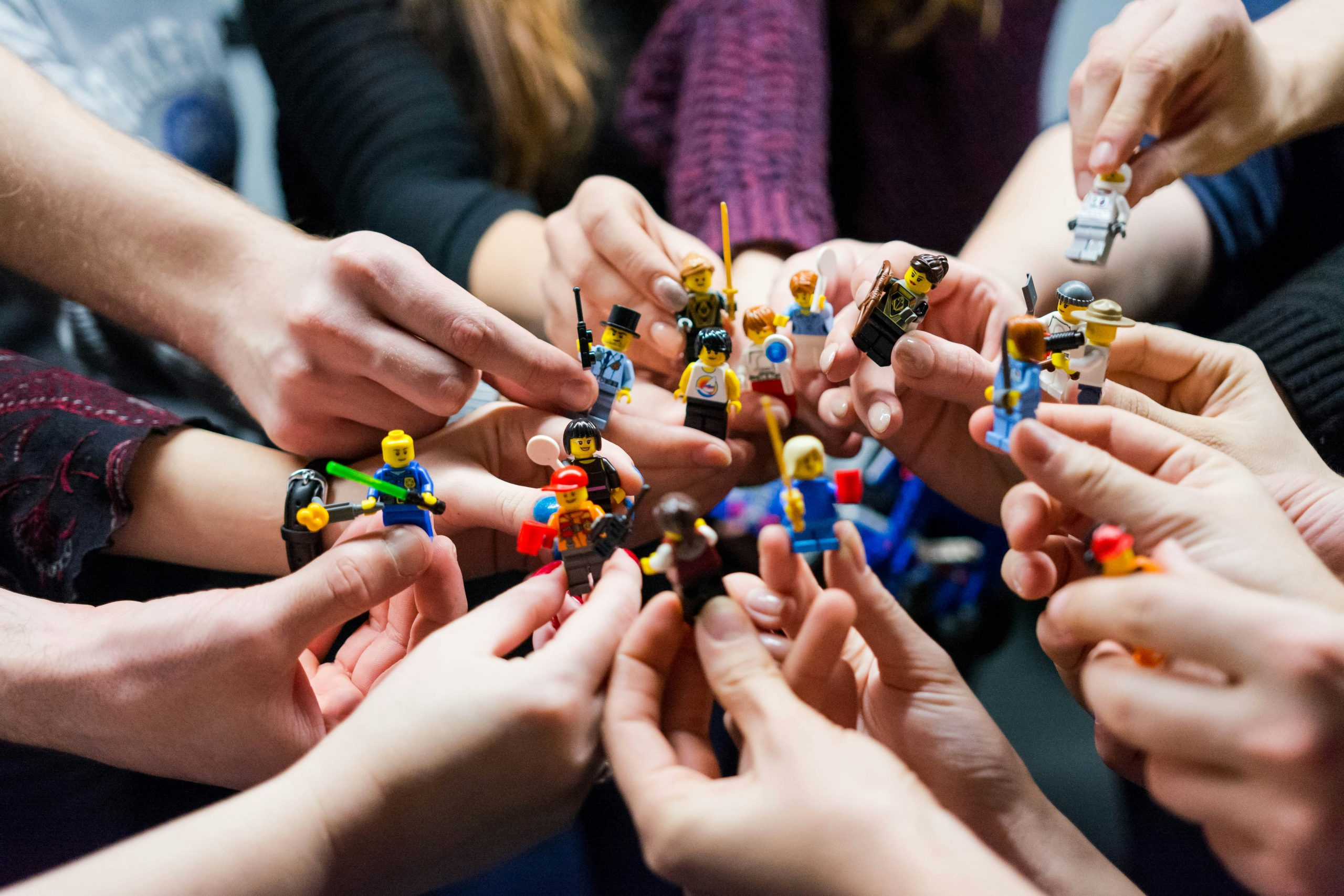How student councils shape positive school cultures
Schools are more than just institutions of academic learning. They are platforms for personal and social development, where young minds get the opportunity to explore their potential and shape their future. In addition to teachers and administrators, there is another group that plays a significant role in creating a positive school culture – student councils. These councils, made up of elected representatives from different grades, serve as the voice of students and work towards creating a vibrant and inclusive school environment. In this article, we will explore how student councils shape positive school cultures and why their role should not be underestimated.
The Power of Student Voices
Student councils are the epitome of democracy in action. They give students a platform to express their opinions, share their ideas, and actively participate in decision-making processes that affect their school. By involving students in the decision-making process, councils promote a sense of ownership and accountability among students, fostering a positive school culture.
Creating a Sense of Belonging
One of the biggest challenges in schools is creating a sense of belonging among students. With so many diverse backgrounds and personalities, it can be challenging to foster a sense of community. Student councils play a crucial role in bridging this gap by organizing events and activities that promote inclusivity and celebrate diversity. These events not only bring students together but also provide valuable opportunities for them to learn from each other and build lasting connections.
Nurturing Leadership Skills
Student councils offer a hands-on learning experience for students, especially in the realm of leadership. As representatives, council members are responsible for voicing their peers’ concerns, communicating with school administration, and organizing events. These roles require strong leadership skills, and through their experiences in the council, students develop and refine these essential skills.
Effective Communication
Effective communication is the backbone of any successful organization, and student councils are no exception. As council members interact with different stakeholders – students, teachers, and administrators, they learn how to communicate effectively, listen to feedback, and articulate their ideas clearly. These skills are not only beneficial in school but also in future endeavors, making student council experiences invaluable.
Collaboration and Teamwork
Working in a student council entails collaborating with peers and school staff to achieve common goals. As members work together to organize events or address issues, they learn the importance of teamwork, compromise, and conflict resolution. These skills are essential for students today, as they will likely work in teams in their future careers.
Fostering Responsible Citizenship
Student councils promote responsible citizenship by encouraging students to take an active role in their school community and beyond. By organizing outreach programs and community service initiatives, councils instill a sense of responsibility and compassion in students, preparing them to be responsible and engaged citizens in the future.
The Bottom Line
Student councils play a critical role in shaping a positive school culture. They provide an opportunity for students to develop leadership skills, promote inclusivity, and foster responsible citizenship. With their active involvement and contributions, student councils truly make a difference in creating a vibrant and inclusive school environment. As the saying goes, “great things are accomplished by a series of small things brought together,” and student councils are a testament to that.










